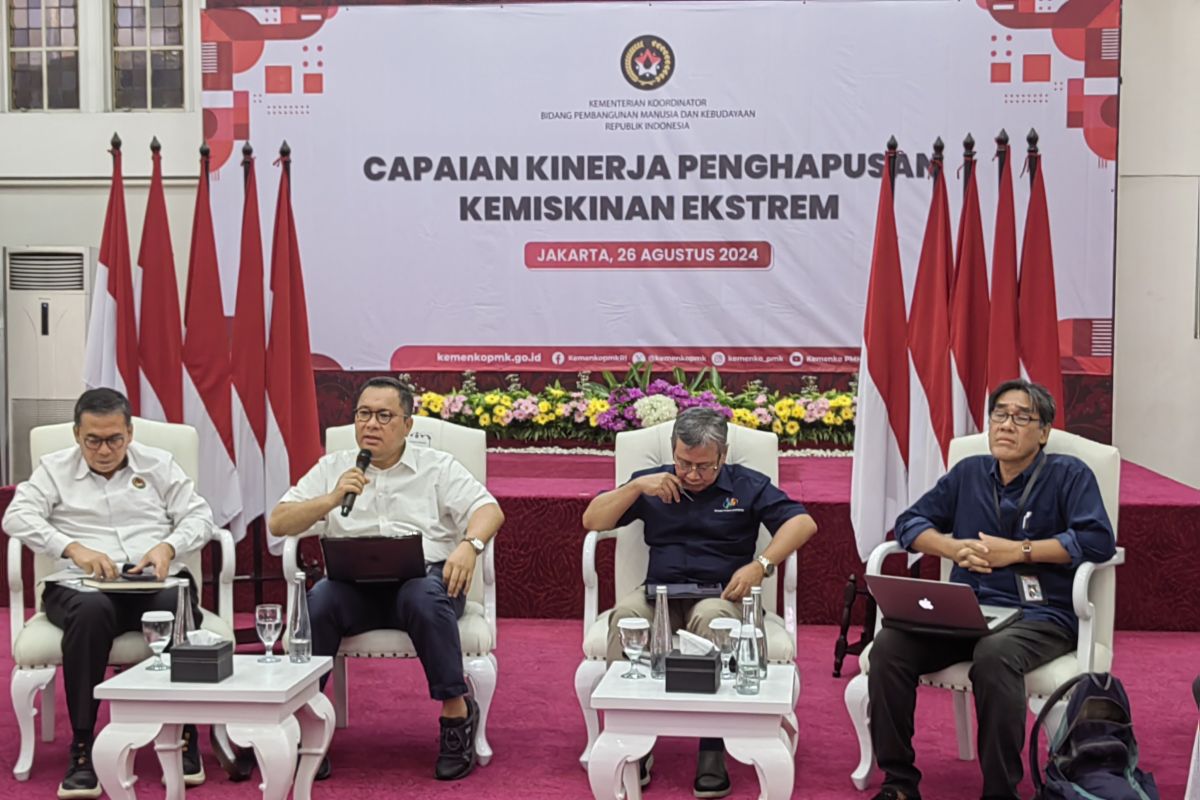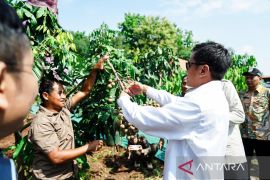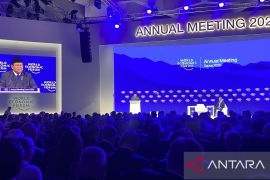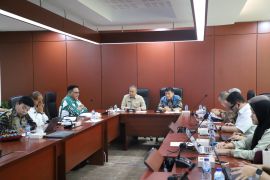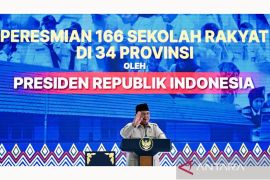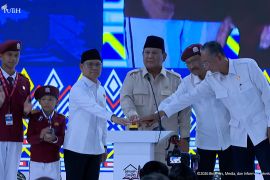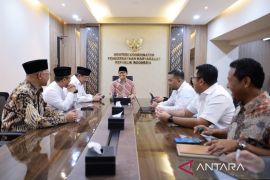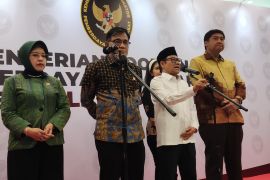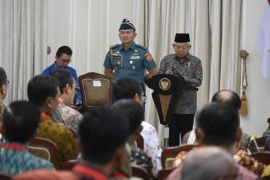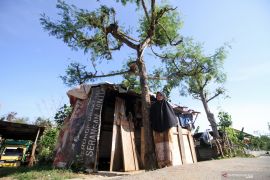"The fiscal incentives must be utilized to alleviate extreme poverty by the end of this year," Nunung Nuryartono, Deputy I of the Human Development and Culture Coordinating Ministry, stated in Jakarta on Monday.
According to Nuryartono, the incentives will be targeted at regional governments that have demonstrated commitment and positive performances in the alleviation of extreme poverty in their respective regions.
He underscored that regional governments are expected to channel the incentives they will receive to fund the people's empowerment programs aimed at boosting the income of people belonging to the extremely poor group.
The official then revealed that the government might start disbursing the fiscal incentives in September.
Furthermore, he highlighted that the central government had been urging regional governments to collaborate with various parties, such as the National Alms Agency (Baznas), state-owned enterprises, and the private sector to boost the labor absorption of workers from extremely poor families.
"We have been striving to ensure that members of underprivileged families are employed," he stated.
Based on data presented by Statistics Indonesia (BPS), Indonesia has witnessed a significant decline in its national extreme poverty rate, from 6.18 percent in March 2014 to only 0.83 percent in March this year.
BPS Deputy for Social Statistics Ateng Hartono noted that 25 of Indonesia's 38 provinces have managed to suppress their extreme poverty rates to under one percent, while the rates of nine provinces have been pegged at 1-5 percent.
However, the extreme poverty rates of four provinces in the Papua region are still hovering above five percent.
Related news: Govt optimistic of reducing extreme poverty rate to 0.5 pct: Ministry
Related news: Extreme poverty eradication requires local approach: minister
Translator: Asep F, Tegar Nurfitra
Editor: Rahmad Nasution
Copyright © ANTARA 2024
